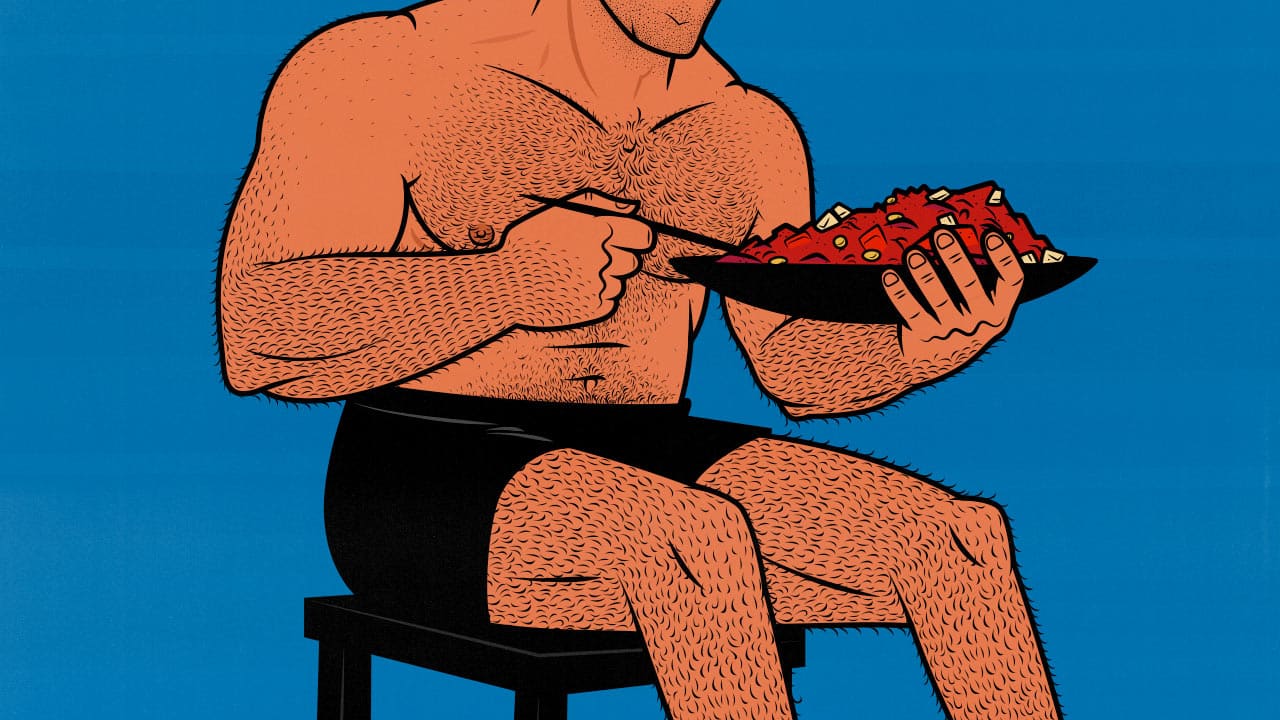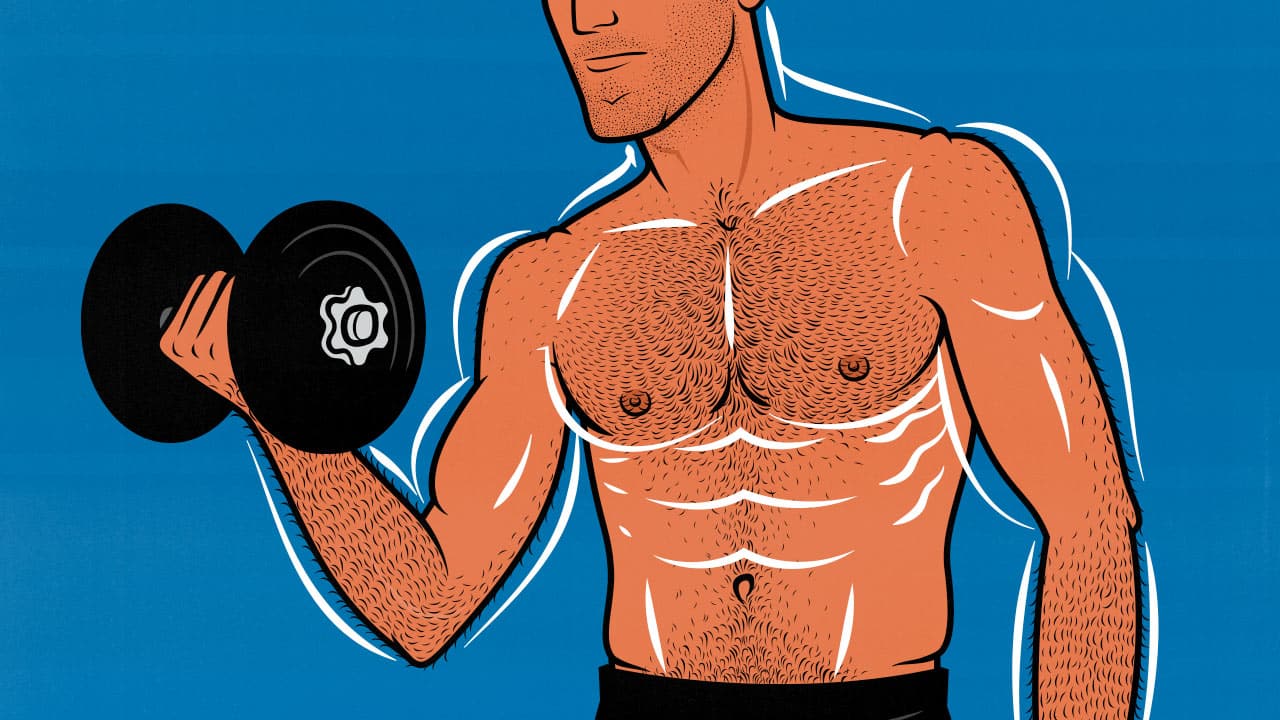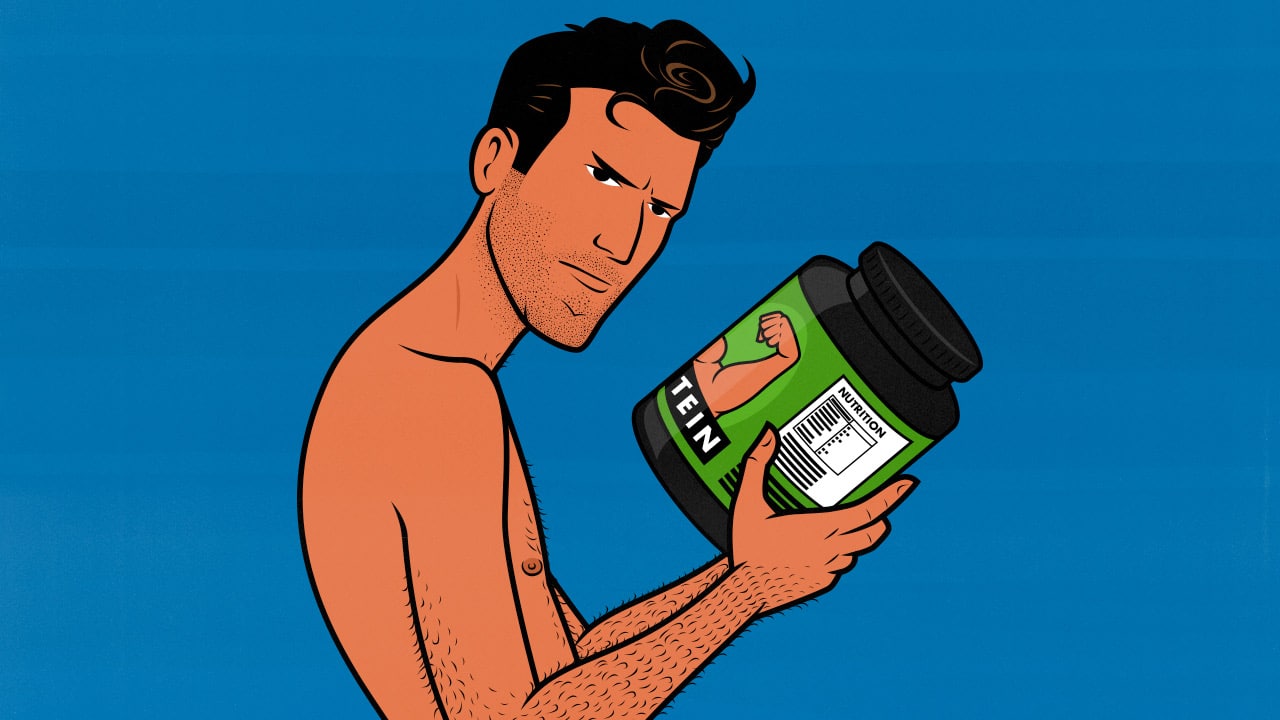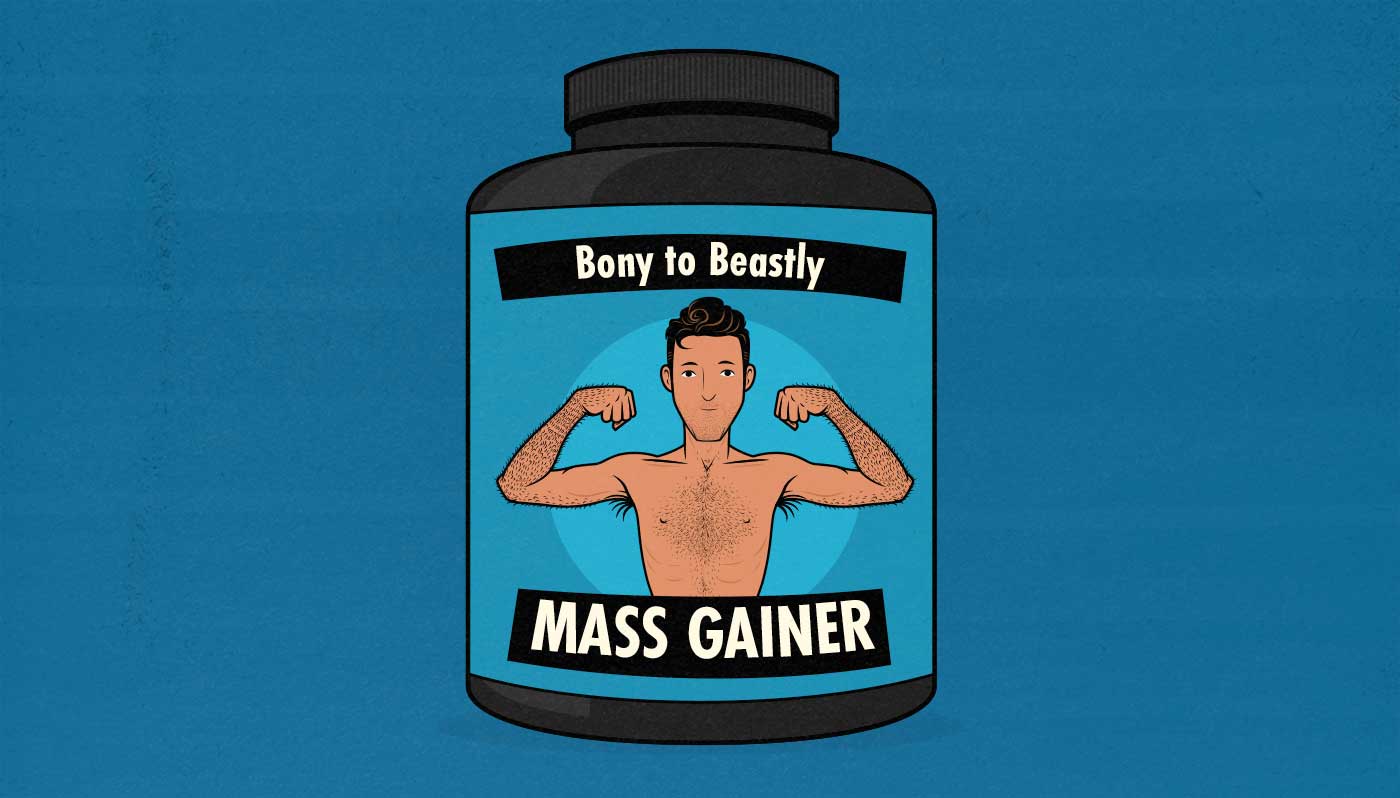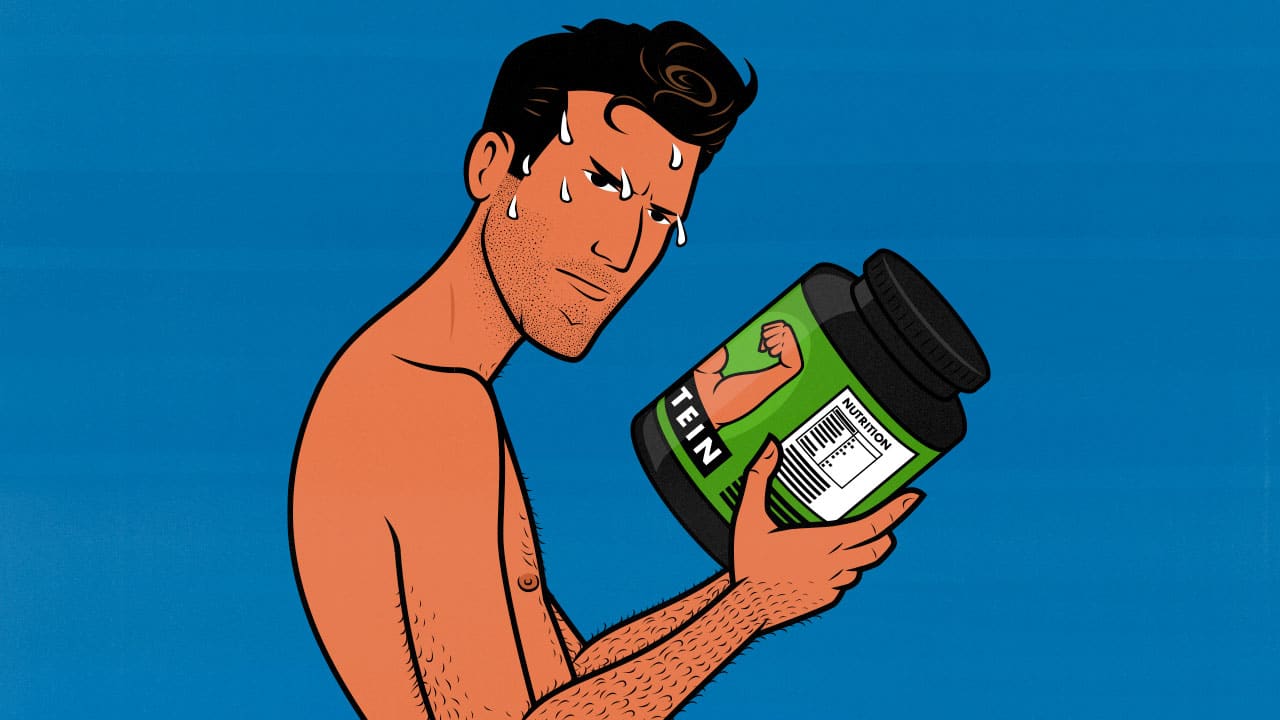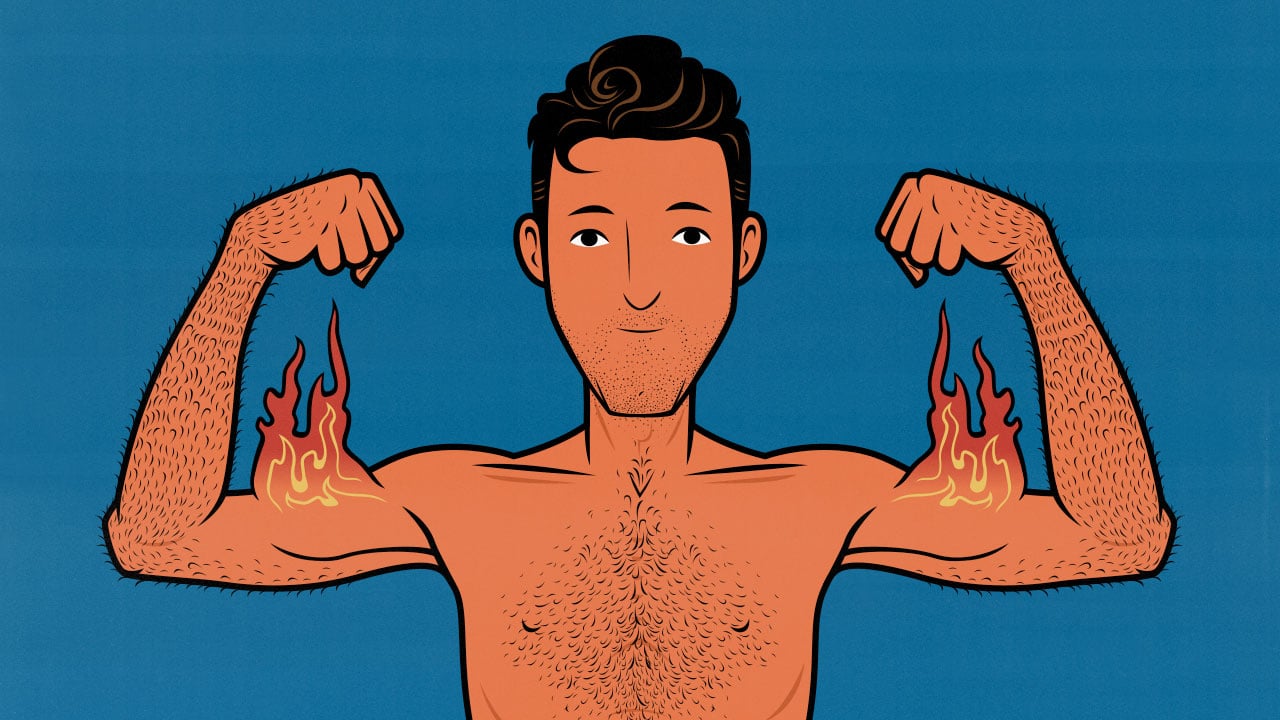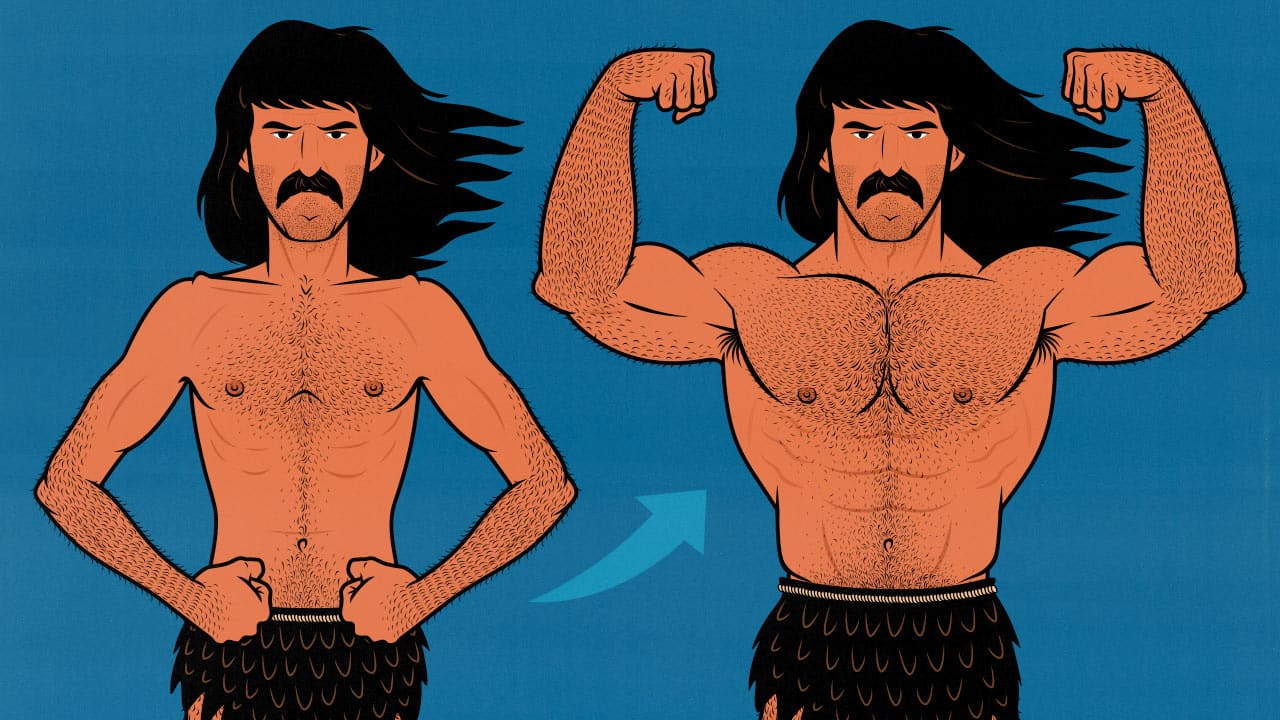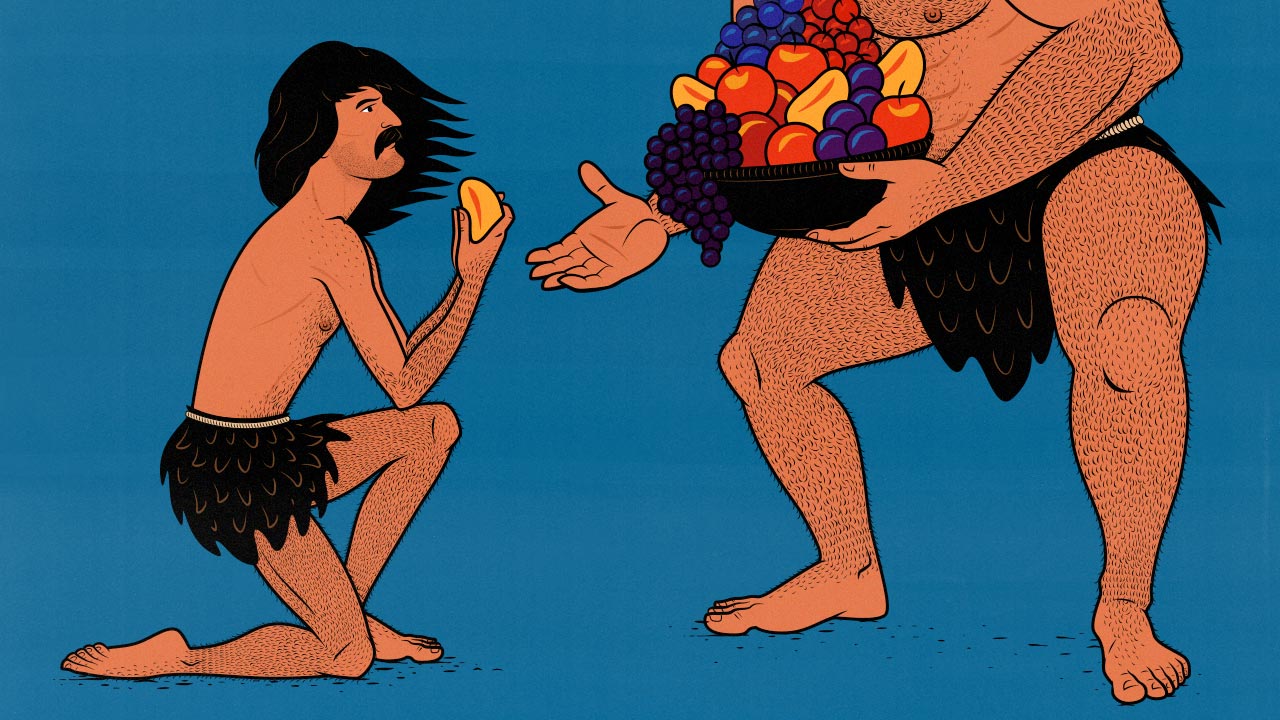Nutrition
The Best High-Calorie Bulking Meals (With Recipes)
One of our most popular articles is about how to eat a good bulking diet. It covers all the most important principles—how to choose nutritious foods, what macros to aim for, how to calculate your calorie needs, how to adjust those calories based on your results (or lack thereof), and so much more.
However, it doesn’t give many examples of good bulking meals, and it doesn’t have any recipes. That’s where this article comes in. These are some of my favourite bulking meals. I’ve used them to gain 70 pounds, and we’ve been using them with clients for over a decade now. I’ll give you recipes for all of them, with the calories and macros calculated out.
Feel free to ask questions. I’ll answer all the comments.
Read MoreCan You Build Muscle on a Vegan Diet?
There’s been some drama about a study by Pinckaers and colleagues. It found that plant-based protein wasn’t as good as animal protein for stimulating muscle protein synthesis. This is just one of many studies, and a larger meta-analysis found that plant-based protein sources stimulate muscle-protein synthesis just fine. The latest 2025 study also found no differences (study). But these aren’t the types of studies we should be looking at.
To see if vegan diets are good for building muscle, it’s much better to look at studies that measure actual muscle growth. Fortunately, there are quite a few of them.
Read MoreHow Much Protein Should You Eat at Breakfast to Build Muscle?
There are two recent studies that I found interesting. The first looked at whether going from a low-protein breakfast to a moderate-protein breakfast would improve muscle growth. The second looked at the effects of going from a moderate amount of protein to a massive amount of protein.
If we look at both studies, we get a pretty good idea of how much protein you should eat at breakfast.
Read MoreAre Carbs Good for Building Muscle? Yes, Here’s Why
Most people associate muscle growth with protein, but classic bodybuilding diets contain up to 60% carbohydrates. These diets get far more of their calories from starchy carbs like oats, rice, beans, potatoes, and pasta. Is that the correct approach? Are carbs actually good for building muscle?
Interestingly, that’s the same proportion of carbs the healthiest cultures in the world eat. Is there a benefit to eating so many carbs?
Read MoreShould Skinny Guys Use Mass Gainers?
Mass gainers, also known as weight gainers, are popular with skinny guys trying to bulk up. They’re especially popular with “hardgainers” whose metabolisms make it difficult to gain weight. I’m a naturally skinny guy myself, and I’ve always found it nearly impossible to get into a sustainable calorie surplus.
I’ve experimented with my fair share of mass gainers. I’ve tried all the popular brands, I’ve made my own homemade shakes from whey protein and maltodextrin, and I’ve tried all sorts of thousand-calorie bulking shakes. That’s how I gained my first 50 pounds.
So, do mass gainers work? Are they healthy? Do they cause excess fat gain? And, if you’re a skinny guy struggling to gain weight, should you use them?
Read MoreHow to Make High-Calorie Bulking Smoothies (to Gain Weight)
When you blend whole foods into smoothies, they keep their nutritional value, they get quicker to prepare and eat, and they don’t leave you feeling as full. That’s why they’re so popular in the fitness industry. Smoothies are the easiest way to consume several servings of protein, fruits, veggies, omega-3s, phytonutrients, and fibre.
If you make a high-calorie bulking smoothie, it can shift you into an effortless calorie surplus, making it much easier to gain weight (study). We’ve used these smoothies to gain nearly 70 pounds each. We’ve also used them with thousands of clients, ranging from everyday people all the way up to professional and Olympic athletes.
Read MoreHow Much Protein Powder Can You Have Per Day?
One of the most common questions we get is how much protein powder is too much protein powder? One scoop of whey per day is probably fine, right? But what about 2 scoops? 3 scoops? 4?
I’ve seen dozens of muscle-building studies where the researchers give participants upwards of 60 or even 90 grams of protein per day for several months in a row, measuring what effects it has on muscle growth.
There are other studies looking directly at how much protein powder you can safely have per day.
Read MoreDo Skinny People Have Faster Metabolisms? Yes, Sometimes
There’s a common myth in the fitness industry that skinny people don’t have faster metabolisms, they just don’t eat as much food. According to this line of thinking, there’s no such thing as a fast or slow metabolism. Rather, your metabolism is determined by your height, age, weight, lean mass, exercise habits, and activity levels. There are two problems with this line of thinking.
First, those variables can result in huge changes in metabolic rate. For example, in a study published by Science, they found that a 180-pound person could burn anywhere from 1,400 to 5,700 calories per day (study).
Second, even if you account for every single one of those variables, metabolisms can still vary greatly between people. Even when living totally average lifestyles, naturally skinny people often have unusually fast metabolisms.
Let’s go over the research and implications. Then we can talk about how to gain weight and build muscle with a fast metabolism.
Read MoreWhat Is Dirty Bulking? Are the Results Worth It?
There are countless weapons lifters wield against the skeletal armies of atrophy. One such weapon is the “dirty bulk.” It disregards standard nutritional recommendations, using whatever means necessary to get into a calorie surplus. Usually, that means eating plenty of junk food.
We’ve dirty bulked in the past. We’ve had clients do it, too. Most were everyday people, but some were college, professional, and Olympic athletes. You’d be surprised at what they eat to get into calorie surpluses.
Dirty bulking can be good for building muscle. It won’t necessarily make you fat, either. Some dirty bulkers gain muscle more leanly than some clean bulkers. The Devil is in the details, and we’ll delve into all of those details.
Delve DeeperHow Many Carbs Should You Eat to Build Muscle?
Bodybuilders traditionally eat high-carb diets while bulking, getting anywhere from 50–60% of their calories from carbohydrates. Carbs are a great source of calories, they can be relatively easy to digest, they’re rich in nutrients, and they’re fantastic for building muscle.
In this article, we’ll talk about the benefits and downsides of eating so many carbs, cover the latest research, and then give you some modern recommendations.
Delve Deeper
